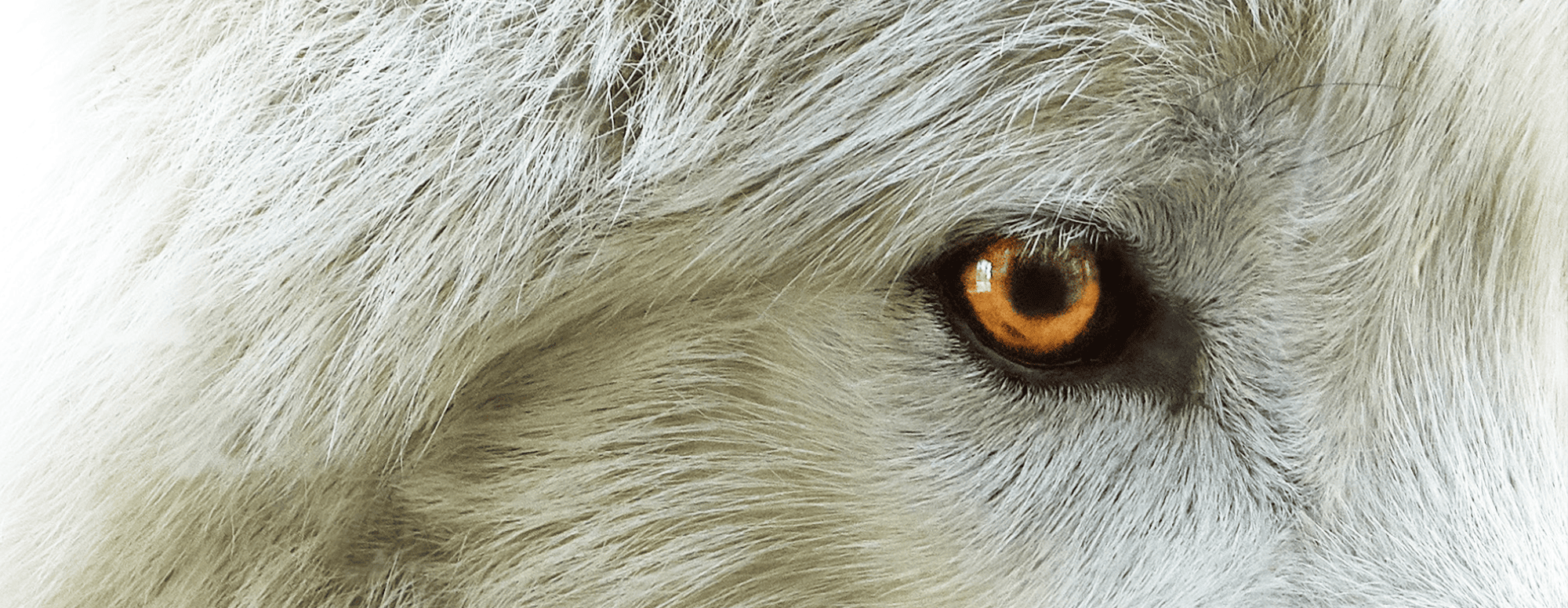In Alice Hoffman’s novel, The Museum of Extraordinary Things, Ezekiel Cohen is ten years old when his father decides to end his life by jumping off a dock into wintry waters. His father is saved by dockworkers, but Ezekiel is left with crippling guilt that he didn’t jump in to save him (even though he couldn’t swim). The boy decides at that moment to leave his father, hurt by the terrible truth that his father was prepared to abandon him. When he is twenty-one, the boy now a man, reflects on his decision.
“I realized that my resentment as a boy had arisen not only from the idea that he was willing to end his life and leave me when he leapt from the dock but from the fact that I felt, from that moment on, responsible for him. I was too young…to meet that responsibility.”
Tribal people got some things right. A lot of things actually. Things that we’ve forgotten. Like initiating youth into adulthood. Through rigorous ordeals. If you survived (and it wasn’t guaranteed) you’d know in your bones you were no longer a kid. You were an adult and expected to take on adult responsibilities. Like parenting. You were surrounded by elders who would support you in the task. And you were called to account when you acted like you were still a child. This ensured that adults were adults and children were children. Adults take care of the children. Right? Well, yeah, that’s how it’s supposed to work.
But what happens when you lose these initiation rituals? Children become parents without becoming adults first. The result? Children are parenting children. Or rather, pretending to parent their children. Children are forced to take on the role of parenting their parents. Which is not possible, and is maybe the leading cause of anxiety—too much responsibility too soon too often. We get fooled by appearances though. Adult children have bodies like adults, they talk like adults, they have jobs just like adults, they have children just like adults. The challenge is that they have a boatlload of unmet needs from their own childhoods. And a boatload of hurt. And a boatload of self-hate that they got from parents who hated themselves.
Children pick up on all of this energetically. They know that they cannot be taken care of by an adult who is hurting so much. So they try to fill the gap. It’s not altruistic. (Children have not yet reached that stage of moral development). It’s survival, pure and simple. I’ll take care of you so that you will be able to do your job and take care of me. It’s fucked up. But it’s real.
This is when children try to be better, quieter, more mature by asking (subconsciously) “who do I need to be, how do I need to be, what do I need to do, to get this person to take care of me”. Which sets us up for a lifetime of trying to read the crowd to determine what it’s going to take to bring them on side (and give me what I didn’t get).
This is when children start to get serious. They take part time jobs to help pay for groceries because mom is too depressed. That’s when children lose their childhood.
Check out Shameless on Netflix, starring William Macy, who plays an alcoholic “father” of seven children. It’s called Shameless because the dad is in so much denial that he is the child and the kids are taking care of him that it’s embarrassing to watch him pretend. The difference between this series and what most of us experience is that it’s so clearly obvious that this is the deal that the children know they have to step up and compensate. It’s explicit, whereas for most of us it’s implicit, energetic, vague and hidden. Until we start asking ourselves why we’re so anxious, moody, depressed and joyless.
I know that somebody out there in reader land is wondering if s/he is one of these parents. What to do? Well, stop it. (The behaviour, that is, not asking the question). Let your kids be kids and you get the emotional support you need somewhere else. Also, nobody is saying that we need to be perfect. I’ve blown it as a parent. At first, when my daughter challenged me, I was in denial and defensive. Then ayahuasca taught me a lesson about taking responsibility. I let go of my need to see things from my perspective. I went to her and told her that I saw how my actions hurt her and told her that I was ready to listen. I apologized. We’re all going to hurt our children in one way or another. This lifetime is practice, folks, not a game of perfect. End the drama and accept that you are human.
As always, the point of the exercise is not to shame anybody. It’s simply to get at what’s true, to pull back the veil and realize that we can now bear to see it clearly. If you feel chronically burdened, joyless, anxious and that the weight of the whole world is on your shoulders, it’s possible that this is a very old feeling, stemming from too much responsibility too early in life. See it. Grieve it. And then get on with “living a life that’s truly your own”.

